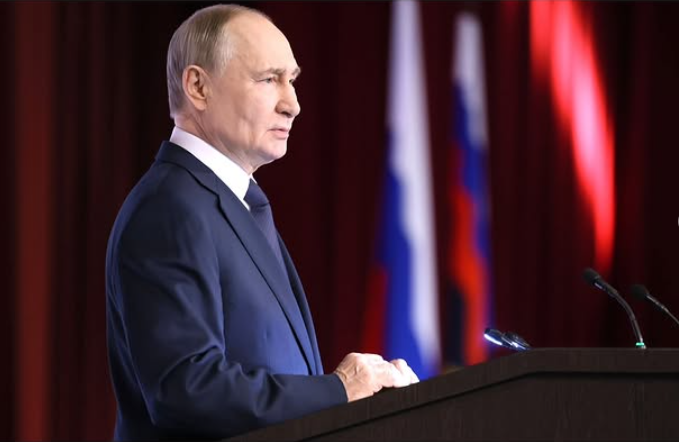[ad_1]
LIMA (Reuters) – A majority of Peruvians would back President Pedro Pablo Kuczynski if he decides to pardon the country’s imprisoned former autocratic leader, Alberto Fujimori, according to a poll by Ipsos published on Tuesday.
Sixty percent of Peruvians polled said they would agree with a presidential pardon to release Fujimori from prison, but 54 percent would oppose it if he were not found to be sick enough to merit doing so for humanitarian reasons, according to the poll, which was published in the newspaper El Comercio.
Kuczynski proposed a possible pardon for Fujimori last month as he struggled to reduce hostilities with Fujimori’s supporters in the opposition-controlled Congress. He has said he would base his decision strictly on the recommendation of a team of doctors.
Fujimori, 78, has spent the past decade serving a 25-year sentence for human rights crimes and corruption committed during his 1990-2000 government. His doctor has said Fujimori has undergone surgery several times for a recurrent growth on his tongue and recently experienced an abnormally fast heart beat.
Kuczynski promised not to pardon Fujimori when he ran against Fujimori’s daughter, Keiko Fujimori, in last year’s tight election – helping him sweep up support from the family’s foes.
While pardoning Fujimori might help Kuczynski forge better ties with Congress, where Fujimori’s supporters hold a majority of seats, it would anger the leftist groups that helped elect him and could define his legacy.
Fujimori is now sharing a prison with his onetime opponent, former President Ollanta Humala, who is being held in pretrial detention in connection with money laundering allegations. Humala has denied the accusations.
Humala rejected Fujimori’s request for a humanitarian pardon in 2013 after a medical review found that Fujimori did not have a terminal illness.
The Ipsos nationwide poll of 1,280 Peruvians was carried out between July 12 and 14 and had a 2.7-percentage-point margin of error, meaning results could vary by that much either way.
Reporting By Marco Aquino and Mitra Taj; Editing by Jonathan Oatis
[ad_2]
Source link






Leave a Reply